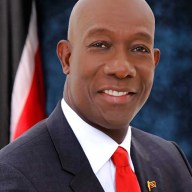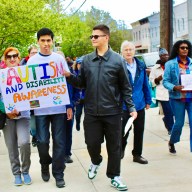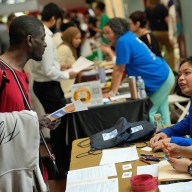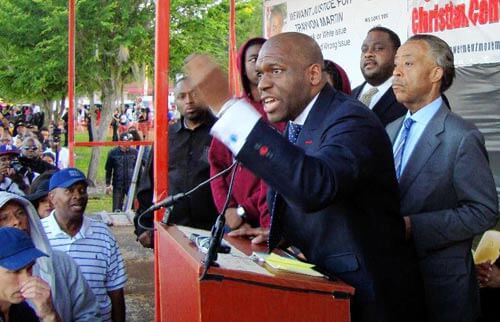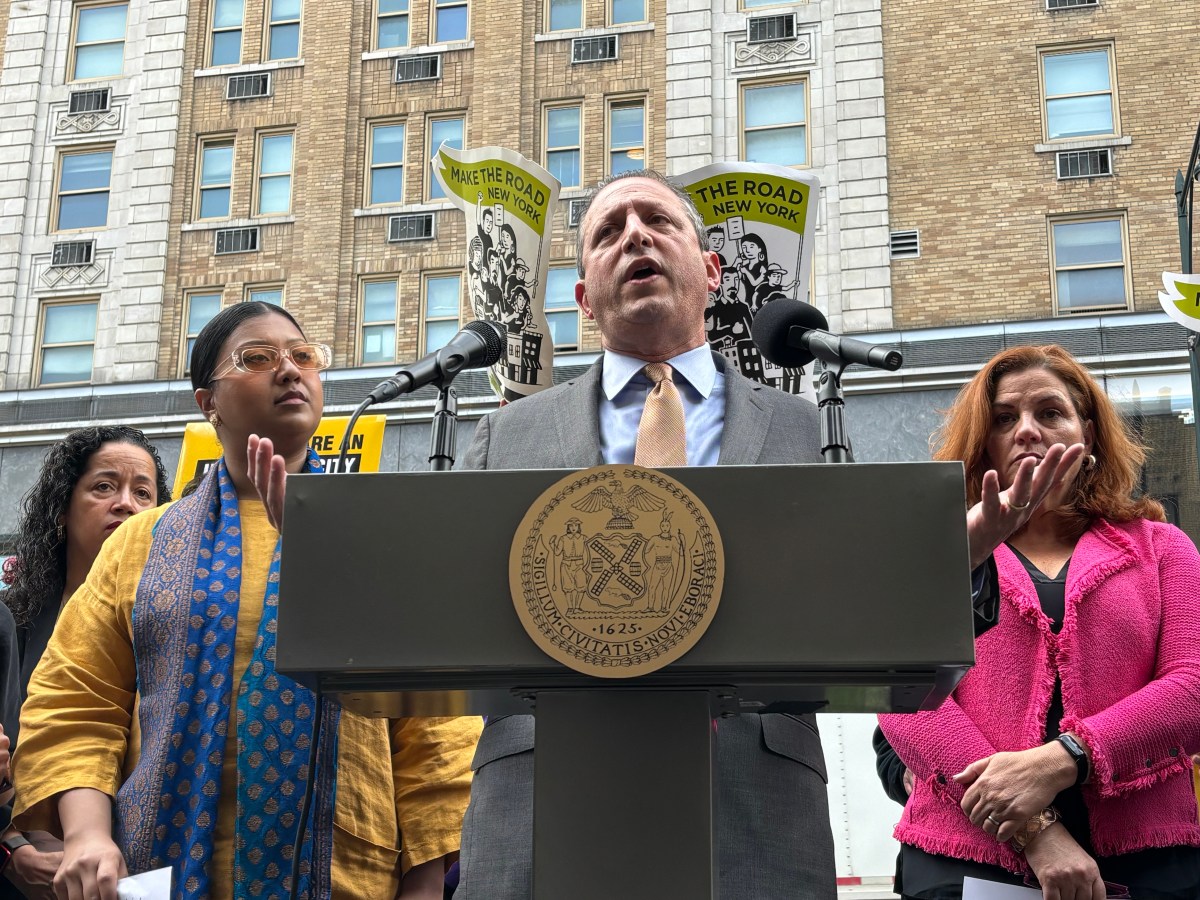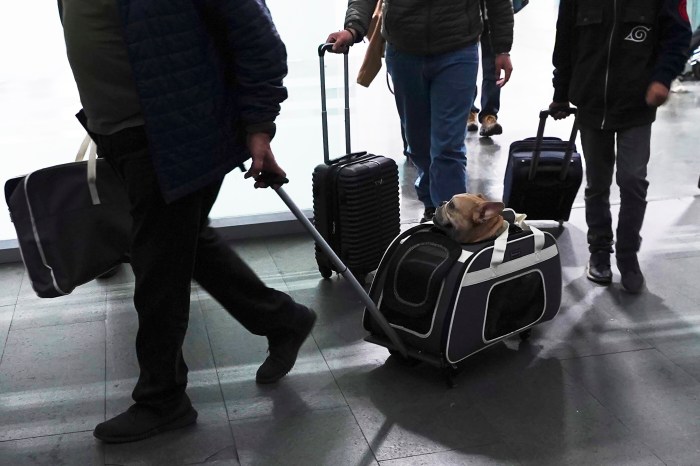Brooklyn Congresswoman Yvette D. Clarke has blasted the decision of the U.S. District Court in Wichita, Kansas requiring the federal government to assist Kansas and Arizona in erecting obstacles to voting that would result in voter suppression and the prevention of many women and men of color from voting.
The court’s decision orders the Election Assistance Commission to print instructions on voter registration forms that require eligible voters to prove their citizenship when registering to vote in their state, but not federal, elections.
To participate in federal elections, voters are required only to sign a statement affirming their citizenship.
“These restrictions on voting are nothing more than old tricks in a new disguise, and exist for the same reason as poll taxes and ‘literacy’ tests that were used to prevent people of color and young and elderly women and men from exercising their rights under the Constitution,” said Congresswoman Clarke, who has worked in New York State to secure the right to vote for people in Brooklyn, who lack representation in the state legislature because of delays in scheduling special elections.
“We have heard much about ‘voter fraud,’ despite a lack of any evidence to support that this supposed problem actually exists,” added the representative for the 9th Congressional District in Brooklyn.
“The supporters of these voter identification laws have refused to admit their real issue – the participation of people of color and young voters in elections, the kind of participation that elected and then re-elected President Obama and their inability to attract these voters to the political philosophy, ideology and issues that they espouse,” Clarke continued.
She noted that, in recent years, dozens of states have enacted voter identification laws that require eligible voters to provide a driver’s license or other state-issued identification on Election Day.
Clarke said instances of actual voter fraud are “almost entirely non-existent,” noting that an investigation by the US Department of Justice completed in 2007 “failed to prosecute a single person for impersonating an eligible voter.”




